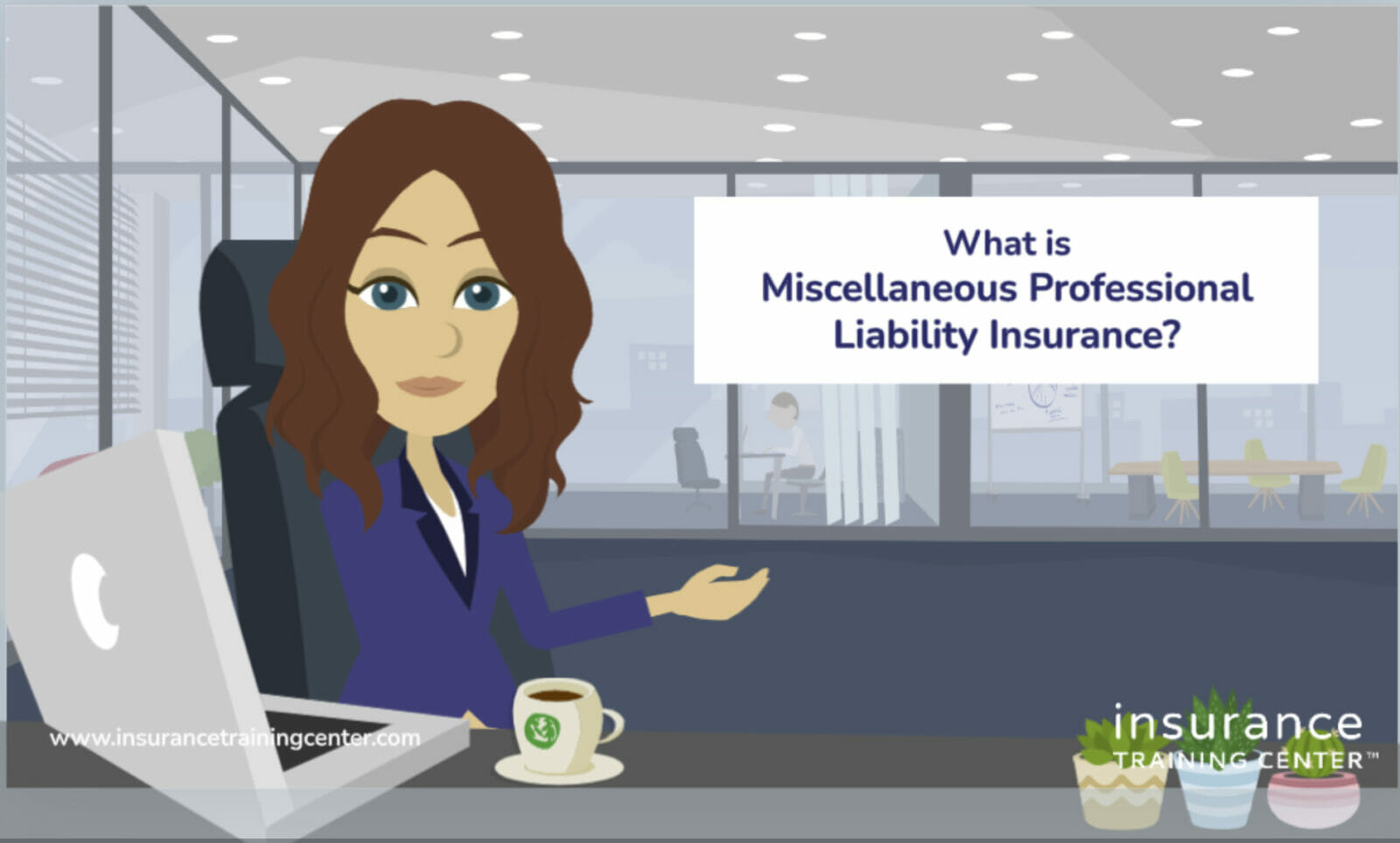workers compensation insurance
Workers’ compensation insurance is a type of insurance coverage that provides financial and medical benefits to employees who are injured or become ill as a direct result of their job. This insurance is typically required by law for most employers in many countries and serves as a form of protection for both workers and employers.
Key Features:
- Medical Benefits: Covers medical expenses for the injured employee, including treatment, rehabilitation, and sometimes ongoing care.
- Wage Replacement: Provides compensation for lost wages while the employee is unable to work due to the injury or illness. This is often a percentage of their normal wages.
- Disability Benefits:
- Temporary Total Disability: Provides benefits when an employee is temporarily unable to work at all.
- Temporary Partial Disability: Covers cases where an employee can still work but in a limited capacity.
- Permanent Total Disability: Covers situations where the employee is permanently unable to return to work.
- Permanent Partial Disability: Provides compensation for employees who suffer permanent damage but can still work in some capacity.
- Death Benefits: If a worker dies due to a work-related injury or illness, workers’ compensation often provides financial compensation to their dependents, such as their spouse or children.
Employer Protections:
- Lawsuit Protection: In exchange for these benefits, employees generally waive the right to sue their employer for negligence. This limits the employer’s liability.
Who Needs It:
- In many jurisdictions, most businesses with employees are required by law to carry workers’ compensation insurance, though specific requirements vary by location, industry, and company size.
Premiums:
The cost of workers’ compensation insurance depends on several factors, including:
- The type of business (higher-risk industries like construction have higher premiums).
- The number of employees.
- The history of claims within the company.
Importance:

Workers’ compensation is vital for both employee security and employer protection, fostering a safer work environment and ensuring that employees have support in case of job-related injuries.
professional liability insurance
Professional liability insurance, also known as errors and omissions (E&O) insurance, provides coverage for businesses and professionals who offer advice or services. It protects against claims of negligence, mistakes, or failure to deliver promised services, which may result in a financial loss for the client.
Key Features:
- Coverage for Errors or Omissions: Protects against claims arising from mistakes, oversights, or professional negligence that result in client losses. This is particularly important for industries like law, healthcare, consulting, and engineering.
- Legal Defense: Covers the cost of legal defense, including attorney fees, court costs, and settlements or judgments if the insured is found liable.
- Negligence Claims: If a professional’s advice or services cause financial harm to a client due to negligence (even if the mistake was unintentional), this insurance can help cover the costs.
- Breach of Contract: Some policies may cover claims related to failure to meet the terms of a contract, especially if the failure caused financial harm.
Who Needs Professional Liability Insurance?
- Doctors and Healthcare Providers (often referred to as malpractice insurance)
- Lawyers and Accountants
- Consultants and Advisors (IT consultants, financial advisors, etc.)
- Real Estate Agents and Brokers
- Architects and Engineers
Common Claims:
- Missed Deadlines: If a service is not delivered on time and causes financial loss.
- Errors in Professional Advice: Providing incorrect or incomplete advice leading to client damages.
- Failure to Meet Professional Standards: Any action or inaction that falls short of industry standards and results in loss or harm to the client.
What It Doesn’t Cover:
- Intentional Wrongdoing: Fraudulent or illegal acts.
- General Liability: Professional liability insurance does not cover bodily injury or property damage; these are usually covered by general liability insurance.
- Employment Practices: Issues like harassment or wrongful termination are usually covered by employment practices liability insurance (EPLI).

Importance:
Professional liability insurance is critical for any business or professional whose advice or services could lead to significant financial or reputational harm to a client. It not only protects against financial ruin due to lawsuits but also helps maintain a professional’s reputation by ensuring they have adequate legal defense in case of disputes.
Premiums:
Premiums are influenced by:
- Industry Risk: Higher-risk professions (e.g., surgeons, financial advisors) will have higher premiums.
- Claim History: Businesses with a history of claims will generally pay higher premiums.
- Coverage Limits: Higher coverage limits result in higher premiums.
This type of insurance is essential for professionals to safeguard their careers and businesses from costly legal claims
conclusion
In conclusion, workers’ compensation insurance and professional liability insurance are both essential protections for businesses and professionals, though they serve different purposes. Workers’ compensation insurance focuses on protecting employees who are injured or become ill on the job, while professional liability insurance safeguards professionals against claims of negligence, errors, or omissions in their services. Both types of insurance not only provide financial and legal protection but also help maintain trust and professionalism in the workplace, ensuring a balanced risk management strategy for any business.
